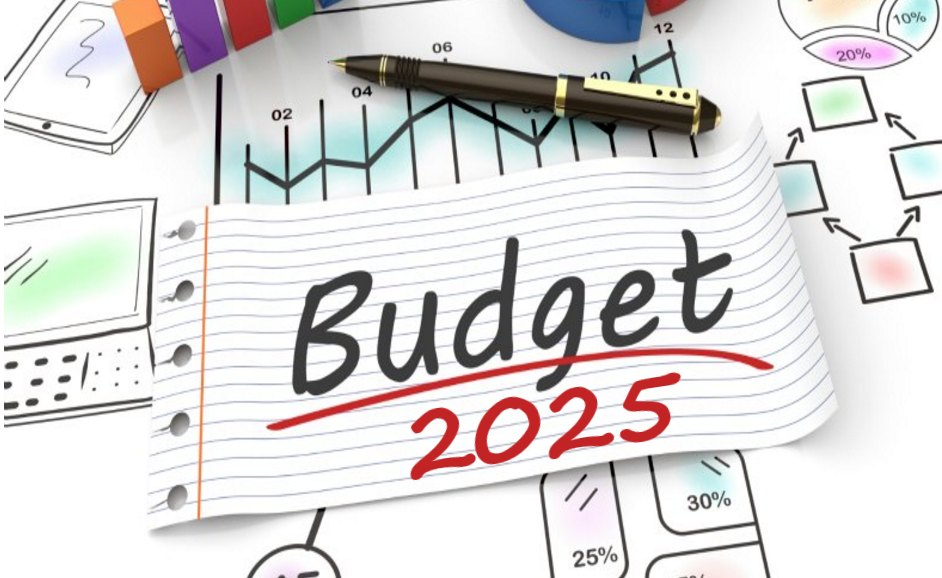You’ve probably heard the term “budget deficit” in the news, especially when governments discuss national debt or spending cuts. But budget deficits don’t only happen to countries—they can happen in your personal finances, too.
In this article, we’ll explain what a budget deficit is, why it matters, and how to avoid it both in government and in everyday life.
What Is a Budget Deficit?
A budget deficit occurs when expenses exceed income over a specific period.
In simple terms: you’re spending more money than you’re earning.
Two Common Contexts
1. Government Budget Deficit
Governments often spend more than they collect in taxes or revenue. To cover the gap, they borrow money—leading to national debt.
Example:
If a country earns $3 trillion in tax revenue but spends $4 trillion, it runs a $1 trillion budget deficit.
2. Personal Budget Deficit
Individuals and households can experience deficits if they regularly spend more than they earn—usually relying on credit cards or loans to fill the gap.
Example:
You earn $2,000 a month but spend $2,500—there’s a $500 deficit.
Why Budget Deficits Matter
📉 For Governments:
- Increases national debt
- May lead to higher taxes in the future
- Can affect credit ratings and borrowing costs
- Often debated in politics and policy decisions
🧾 For Individuals:
- Causes debt accumulation
- Triggers financial stress
- Leads to late payments and credit damage
- Hinders savings and future planning
Signs You’re Running a Personal Budget Deficit
- Constantly relying on credit cards
- Struggling to pay bills on time
- No money left for savings
- Taking out loans to cover basics
- Avoiding opening bank statements
How to Fix a Budget Deficit
1. Track and Analyze Spending
Use a budgeting app or spreadsheet to list all your income and expenses. Look for unnecessary or “invisible” spending.
2. Cut Non-Essential Costs
Cancel unused subscriptions, eat out less, and minimize luxury spending.
3. Increase Your Income
Look for freelance work, sell unused items, or ask for extra hours at work.
4. Prioritize Debt Payments
Focus on paying off high-interest debt first, using methods like the debt snowball or avalanche.
5. Create a Balanced Budget
Use the zero-based budget or 50/30/20 rule to ensure every dollar has a purpose.
Is a Budget Deficit Always Bad?
Not necessarily.
For Governments:
Deficits can help stimulate the economy during a crisis (like in a recession), fund infrastructure, or support social programs.
For Individuals:
Temporary deficits can be understandable during emergencies—but they should not become a long-term pattern.
Budget Deficit vs. Budget Surplus
| Term | Meaning |
|---|---|
| Budget Deficit | Spending > Income |
| Budget Surplus | Income > Spending |
| Balanced Budget | Income = Spending |
Aim for a balanced budget or surplus in your personal life—this creates peace of mind and financial flexibility.
Final Thoughts: Balance Is the Key
A budget deficit is a red flag, whether it’s in your government or your personal wallet. But with awareness and simple planning, you can shift from deficit to stability—and eventually, to surplus.
Start by understanding your numbers, adjusting your habits, and setting clear financial goals. The sooner you address a deficit, the sooner you regain control of your future.
